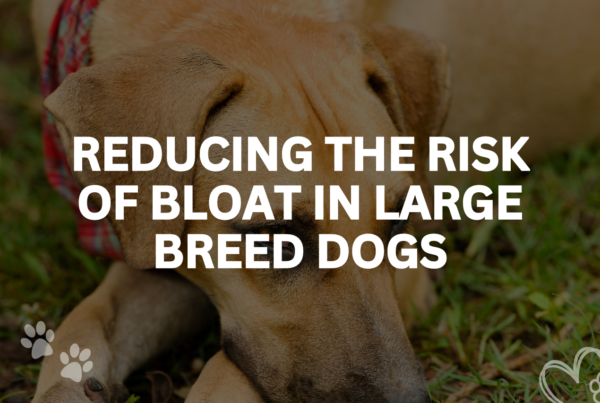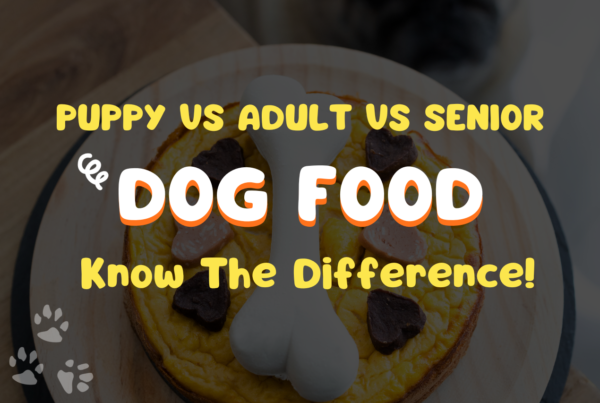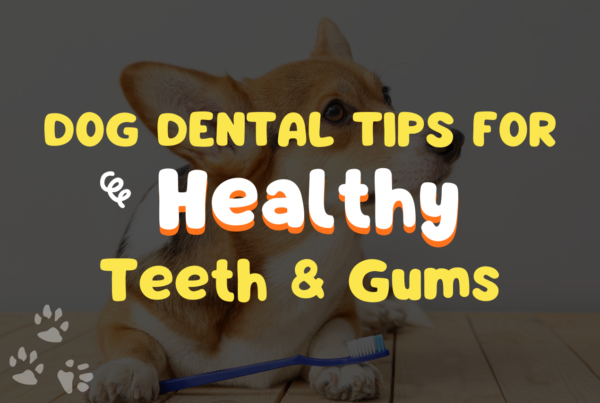
So, you might’ve caught your pup eating their own poop. As gross as it may sound, there is a reason to this behavior. Read on to find out Why Do Dogs Eat Poop!
Dogs eat their own feces ( a term called coprophagy) for a few reasons. It could arise from boredom, a way to seek attention from its owner, a form of submissive behavior to avoid punishment or from health issues. This is common in puppies but should not be carried over as it matures, as this may in turn, be habitual.
Puppies eat their own feces while they are still in the litter. Their mother will also do the same to keep their living areas clean. In the wild, this behavior aims to prevent predators in discovering their nesting grounds by removing the scent, i.e. by eating the puppies’ poop. This is done until the puppies are weaned and start to eat solid food; in a way, this is learned behavior and should not continue once the dog has moved on from puppyhood.
The reasons why dogs eat poop are:
- Boredom – A dog that is bored and left alone for a long time may find relief from boredom in playing or eating its own poop.
- Stress – A stressful situation such as being re-homed or the presence of other new pets may cause a dog to eat its own poop.
- Hunger – A dog that’s left on its own for an extended period of time without food would resort to eating its own poop, aside from anything nearby that appears to be edible. Intestinal parasites such as worms may also cause this as it leeches the nutrients in the dog’s food, eventually causing your dog to have a bout of the munchies.
- Just because – Just because it can. This is a learned habit and should be stopped. If this is the reason your dog is eating poop, there are a few things you could do to help wean this off. You can switch your dog’s diet to a high-digestive one so there’s less fecal matter and even providing more attention for the time being to distract your dog off this habit.
If you’re not quite sure where to start, you can seek advice from your preferred veterinarian or a dog behaviorist.






